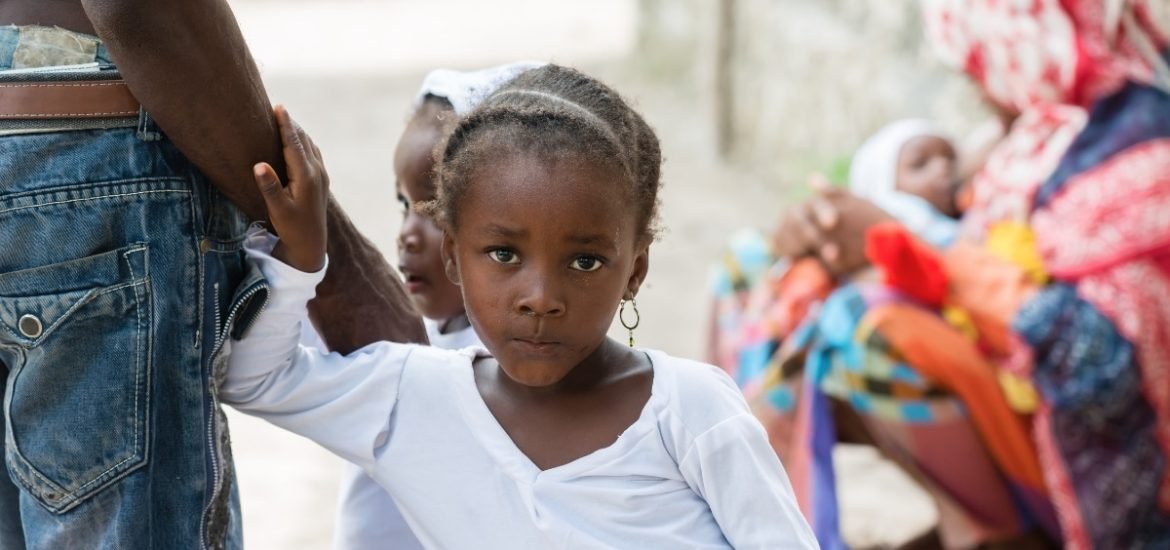
After 30 years in development and nearly $1 billion spent so far, UK drugmaker GlaxoSmithKline Plc in partnership with the non-profit PATH are set to begin trials of a malaria vaccine this month, Bloomberg reports. The pilot study will start first in Malawi next week, then Ghana and Kenya the week after. And the product could become widely available in two to four years.
Current status of malaria: the plight of developing countries
The mosquito-borne disease kills hundreds of millions of people worldwide every year. And following years of decline, the deadly disease seems to have re-emerged stronger than ever. In 2017, it killed 435,000 people, mostly in sub-Saharan Africa, according to the World Health Organization (WHO).
Sadly, the majority of cases are among children under the age of five, who make up about two-thirds of malaria-related deaths. In a previous large study, the vaccine only prevented around four in 10 malaria cases among children but nonetheless, offers the potential to save thousands of children’s lives.
Other promising vaccinations in the works
Another promising malaria vaccine, PfSPZ, is purported to be nearly 100 per cent effective. The vaccine will be tested in 2020 on the West African island of Bioko, where 2100 people will be administered PfSPZ intravenously, reports Nature. If successful, the vaccine will be given to a further 10,000 people on the island, which is located off the coast of Equatorial Guinea and home to a population of 280,000 people.
The PfSPZ vaccine was developed by biotech Sanaria in Rockville, Maryland, in partnership with various international organizations. Sanaria’s vaccine is different because it uses whole parasites, whereas most other candidate malaria vaccines contain only a small number of genetically engineered parasite proteins.
The company isolates and purifies billions of sporozoites of the malaria parasite Plasmodium falciparum from farmed mosquitoes, according to Nature. Sporozoites are the stage of the malaria parasite’s life cycle that mosquitos inject into people with their sting. The PfSPZ vaccine works by triggering an immune response against the parasite.
The large clinical trial will be led by Dr Stephen Hoffman, who is the chief executive of Sanaria and scientists will finally test its efficacy in a real-world setting. Results of the study will hopefully provide the data needed for regulatory approval.
Future challenges
While the use of insecticides and mosquito nets can significantly reduce the prevalence of the life-threatening disease. Other efforts, such as CRISPR-modified mosquitos could take years to implement and will not fully eradicate the disease.
Therefore, a successful vaccine may be the only way to bring the number of cases down to zero. However, one of the biggest challenges is that just like the flu, the malaria parasite can come in hundreds of different strains, coupled with the risk of drug resistance.
Furthermore, if any vaccine is successful, millions of more dollars will be needed for its large-scale manufacture, according to a report published in Nature last December. To this end, Glaxo says it will pass the baton to new funders. However, the lack of commercial opportunity means securing funding for further research and the manufacture of the vaccine will be challenging.